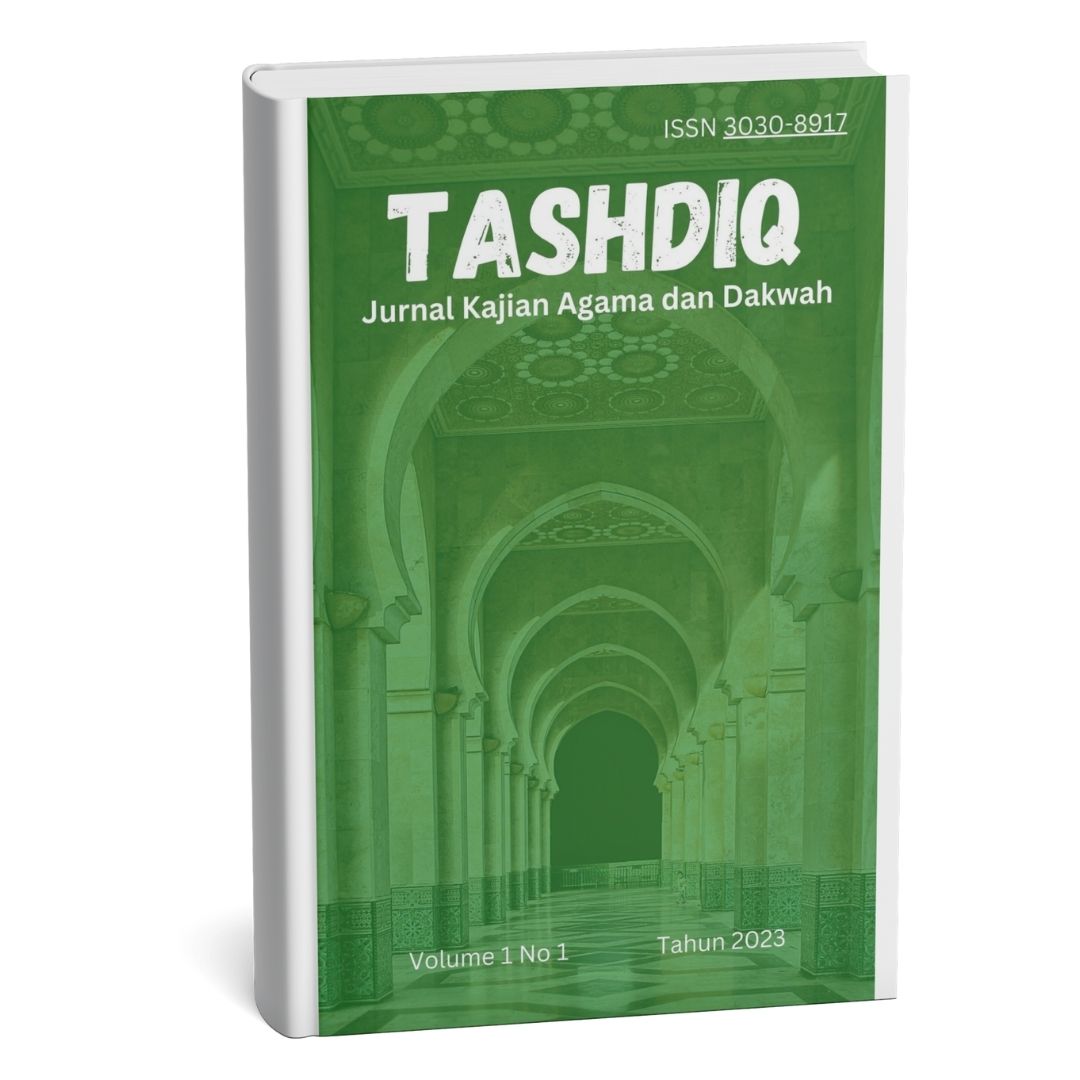PERBANDINGAN KONSEP KETUHANAN DALAM TEOLOGI ASY’ARIYAH DAN MU’TAZILAH: KAJIAN RASIONALITAS DAN WAHYU
Main Article Content
Abstract
This article compares the concept of God as articulated by two major classical Islamic theological schools: Ash‘arism and Mu‘tazilism. Both have profoundly shaped Islamic legal and ethical thought. Ash‘arism prioritizes divine revelation and the supremacy of God's will, while Mu‘tazilism promotes reason as the primary tool to understand God's attributes and justice. Using a qualitative method and comparative analysis of classical and contemporary literature, this study reveals that these theological frameworks yield differing implications for Islamic law and ethics. Mu‘tazilism encourages rational moral reasoning and legal reform based on objective justice, whereas Ash‘arism emphasizes strict adherence to scriptural texts and divine omnipotence. This study concludes that classical theological debates remain relevant for addressing contemporary ethical, legal, and theological challenges, offering a foundation for dialogue between traditionalist and reformist approaches in the development of Islamic thought and jurisprudence.
